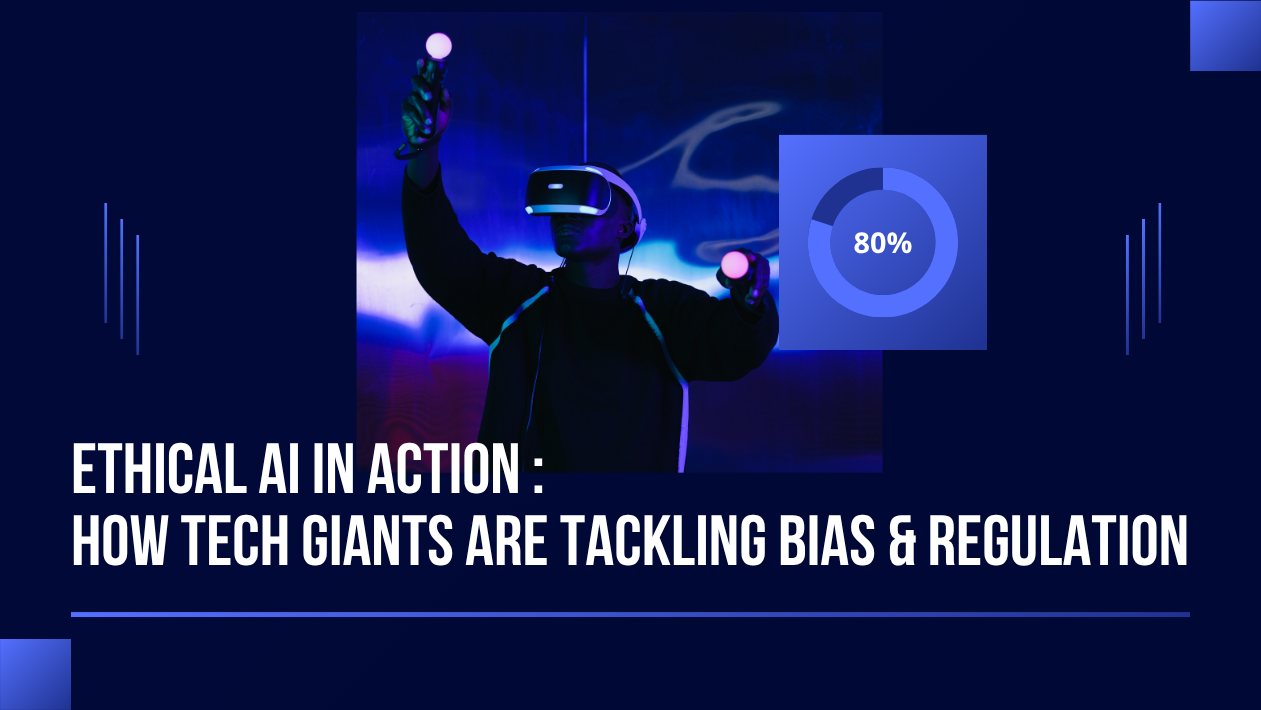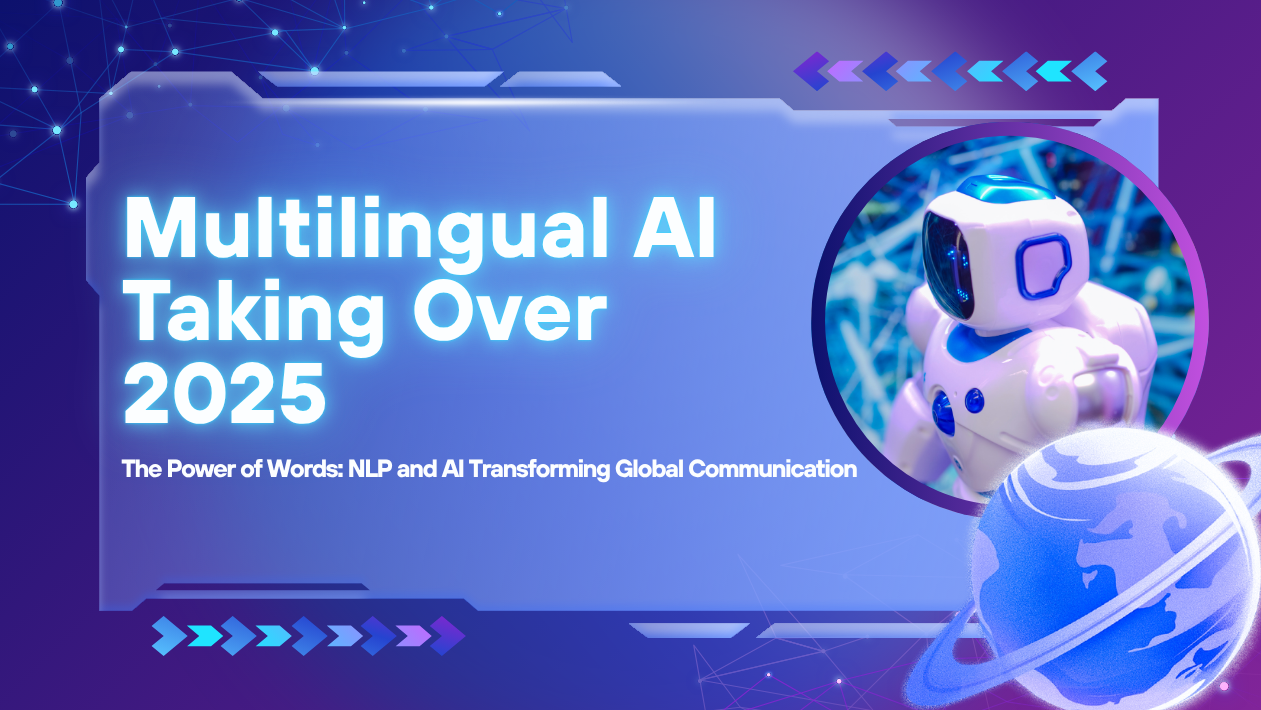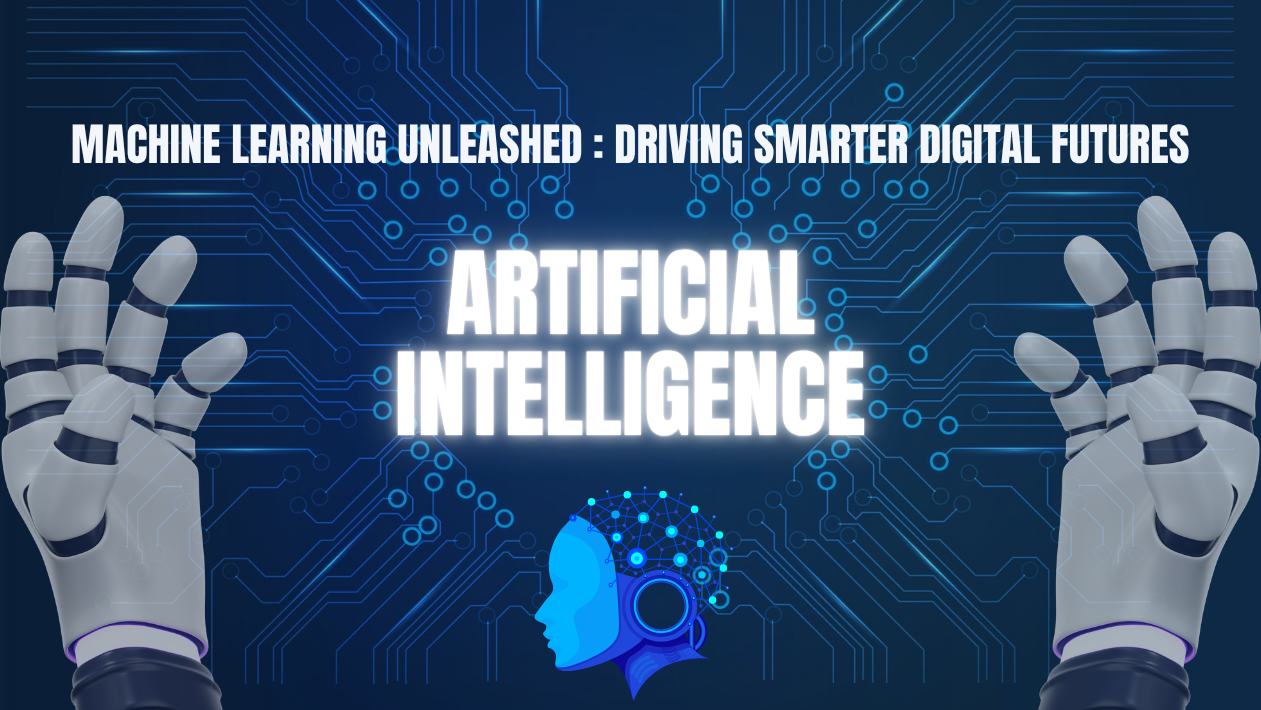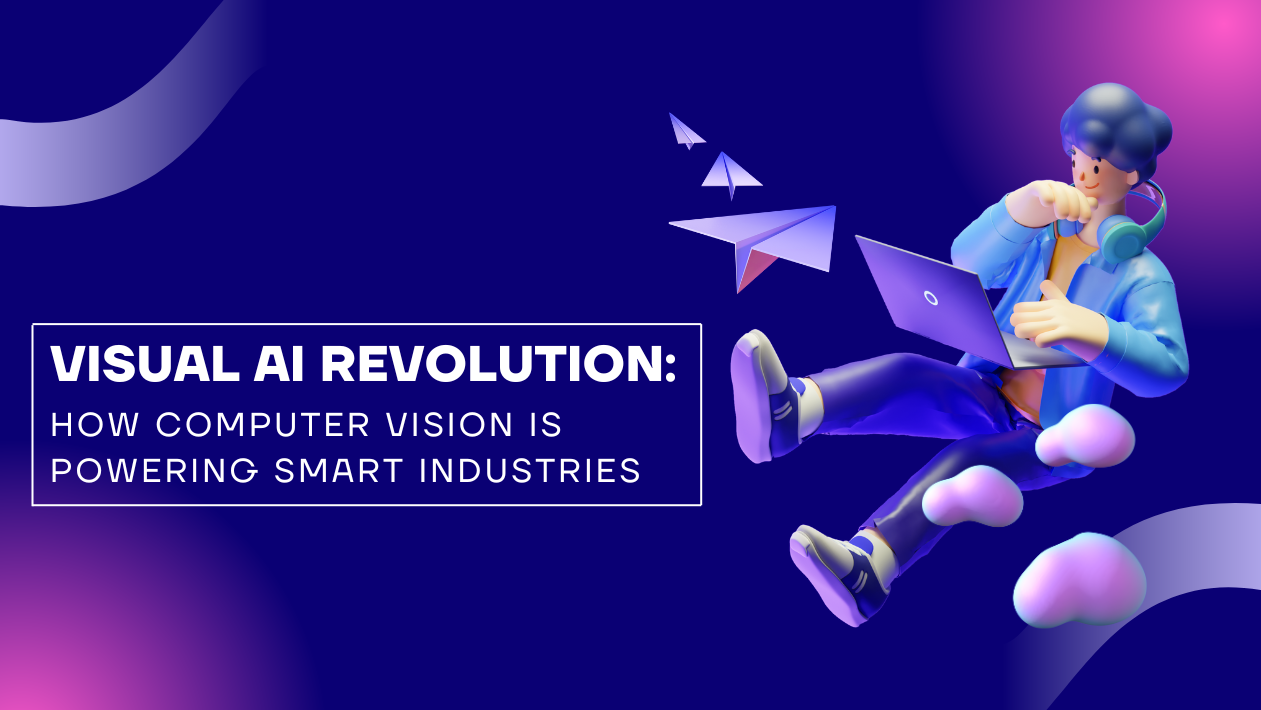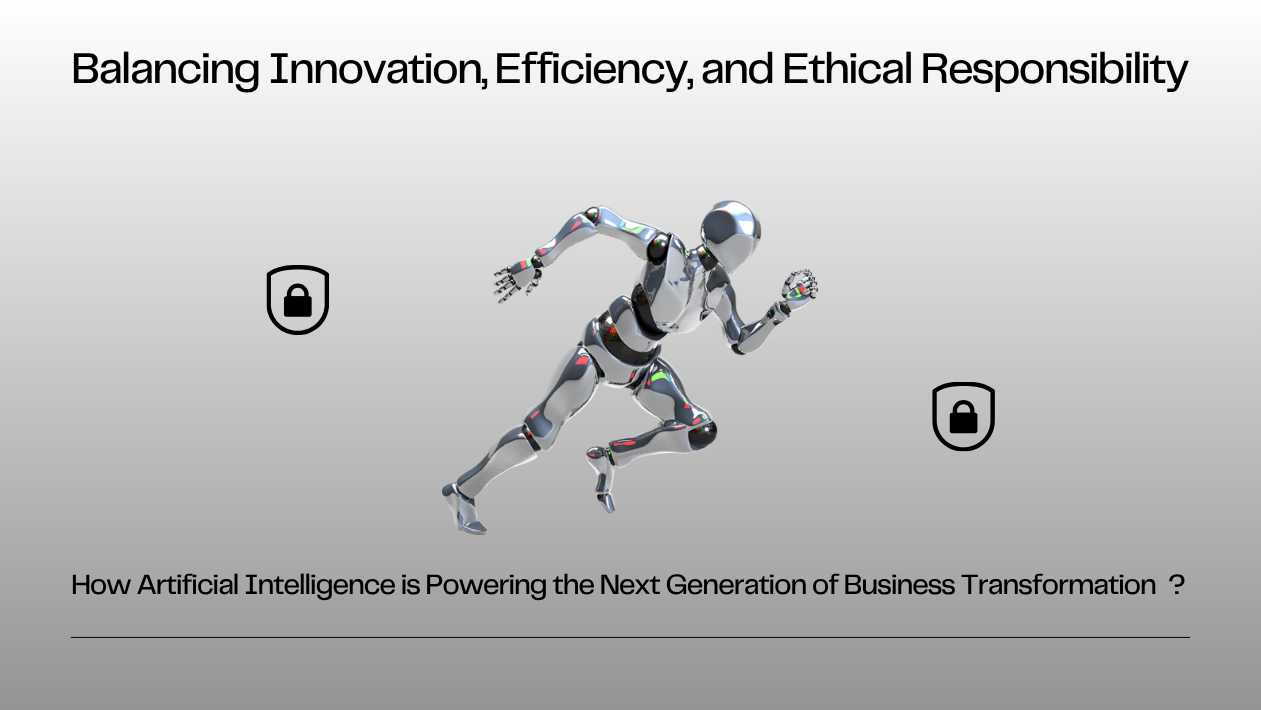As artificial intelligence becomes deeply embedded in business, government, and everyday life, AI ethics has emerged as a defining issue of 2025. With growing public concern over bias, misinformation, and data misuse, global regulators and tech leaders are working together to ensure AI development remains transparent, fair, and aligned with human values.
Global AI Regulations Gain Momentum
In a landmark move, the European Union’s AI Act, which came into full effect this year, has become a global model for responsible AI governance. It classifies AI systems by risk level and mandates strict transparency, documentation, and human oversight for high-risk applications such as hiring, healthcare, and law enforcement.
The United States, Japan, and India are following suit with national AI frameworks focused on accountability and data protection, while the UN and OECD are pushing for international cooperation on AI ethics standards.
Big Tech Prioritizes Ethical AI Development
Major technology companies—including Google, Microsoft, OpenAI, and IBM—have established AI Ethics Committees and transparency boards to monitor the use of their models and APIs. Many are implementing bias detection systems, publishing model cards, and committing to explainable AI (XAI) to make algorithms more understandable to end users.
OpenAI’s recent launch of “Ethics Mode” for enterprise customers allows organizations to control how generative AI handles sensitive topics, setting a new benchmark for responsible deployment.
Bias and Fairness: The Ongoing Challenge
Despite progress, bias remains a central ethical concern. Studies show that AI models can still reflect societal inequalities, particularly in areas like hiring, lending, and predictive policing. Startups and research institutions are developing tools to detect and mitigate algorithmic bias, but experts caution that human oversight remains essential.
Data Privacy and Consent Take Center Stage
In 2025, data provenance and consent tracking are critical components of ethical AI. With regulations like the EU’s GDPR 2.0 and California’s CPRA updates, organizations must ensure that user data is collected, stored, and used transparently. Privacy-preserving technologies such as federated learning and differential privacy are being widely adopted to protect user identities.
The Rise of Ethical AI Auditing
A growing trend in 2025 is third-party AI ethics audits, where independent experts review algorithms for bias, compliance, and fairness before public deployment. This new layer of accountability is being embraced by both enterprises and governments, helping to build public trust in AI systems.
Public Awareness and Ethical Education
As AI becomes more integrated into daily life, public awareness of AI ethics has grown significantly. Universities worldwide have launched new degree programs in AI policy, ethics, and governance, preparing the next generation of technologists to build systems that are not only intelligent—but also ethical, inclusive, and just.
The Road Ahead: Building Trustworthy AI
In 2025, ethical AI is no longer optional—it’s a business imperative. Companies that embrace transparency, fairness, and human accountability are seeing increased user trust and regulatory approval. The next step is ensuring these ethical standards scale globally, creating a future where AI serves humanity responsibly and equitably.

